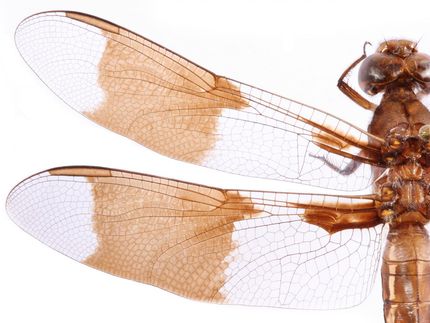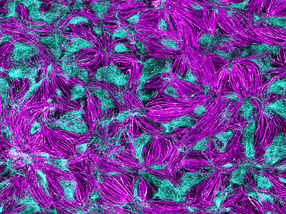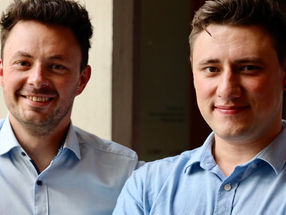Results of Phase 2 Study of Tolevamer for C. difficile-Associated Diarrhea Published in Clinical Infectious Diseases
Genzyme Corporation announced that results from its phase 2 trial of tolevamer, an investigational polymer therapy for patients with Clostridium difficile-associated diarrhea (CDAD), have been published in Clinical infectious diseases.
Tolevamer is a novel therapy that could be the first non-antibiotic treatment approved for CDAD, a sometimes deadly form of infectious diarrhea caused by the bacterium C. difficile. Tolevamer is designed to bind and remove from the body toxins released by C. difficile that damage the large intestine. In an era of increasing concern about the overuse of antibiotics and the emergence of antibiotic resistance and "superbugs," tolevamer has the potential not only to treat CDAD, but also to reduce its rate of recurrence through a non-antibiotic mechanism of action that does not harm the normal intestinal bacteria that provide protection against C. difficile.
The phase 2 trial enrolled nearly 300 patients at 58 sites throughout the United States, Canada and the United Kingdom in a randomized, double-blind, active-controlled study to determine the safety and efficacy of tolevamer versus the standard prescribed dose of the antibiotic vancomycin. Vancomycin is the only therapy approved in the United States and Europe for treatment of CDAD. In the phase 2 study, tolevamer demonstrated similar treatment outcomes as vancomycin in terms of time to resolution of diarrhea, and a strong trend toward a reduced recurrence rate of CDAD.
Most read news
Other news from the department research and development

Get the life science industry in your inbox
From now on, don't miss a thing: Our newsletter for biotechnology, pharma and life sciences brings you up to date every Tuesday and Thursday. The latest industry news, product highlights and innovations - compact and easy to understand in your inbox. Researched by us so you don't have to.























































